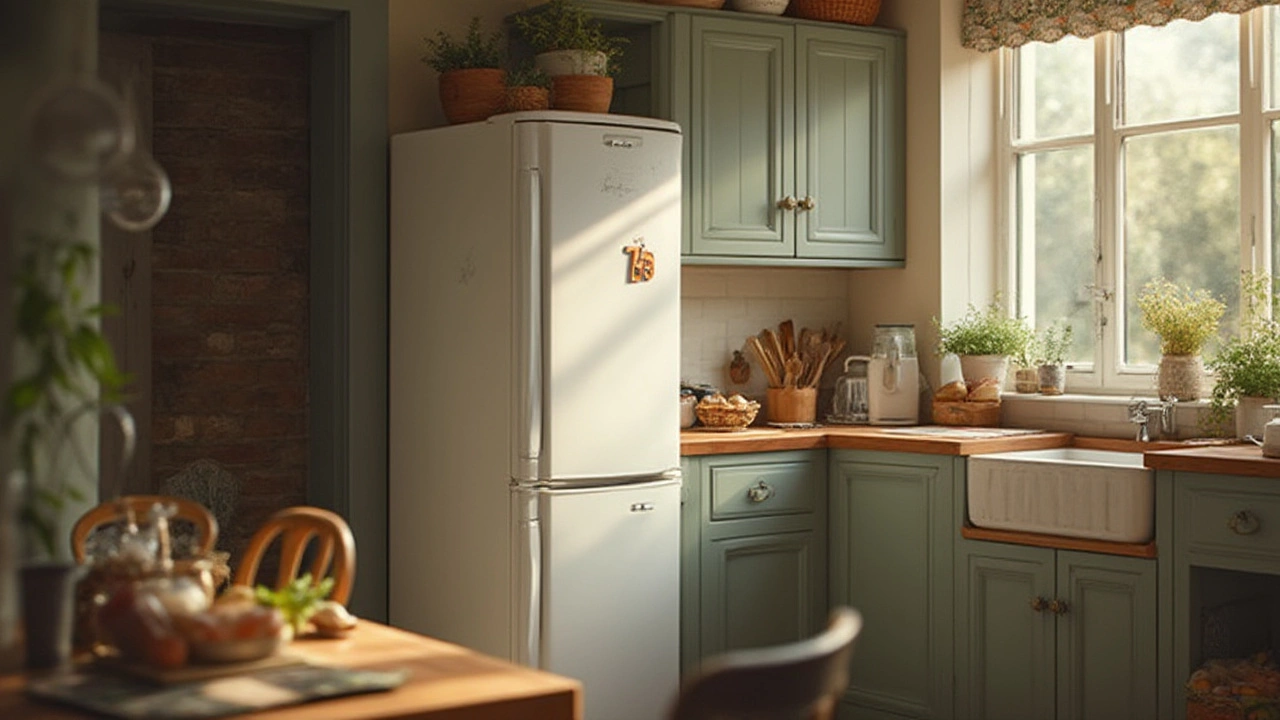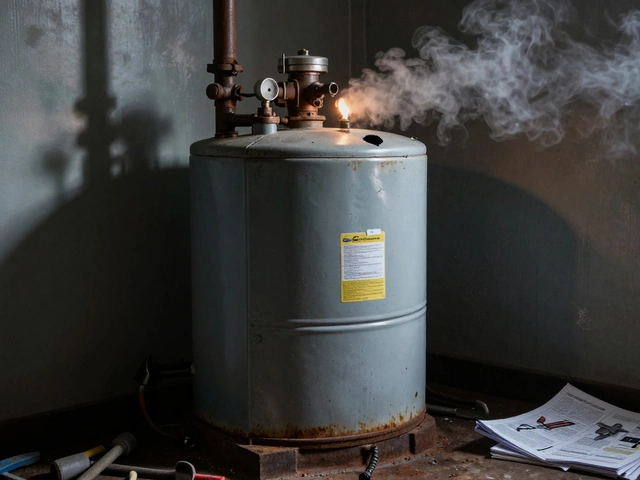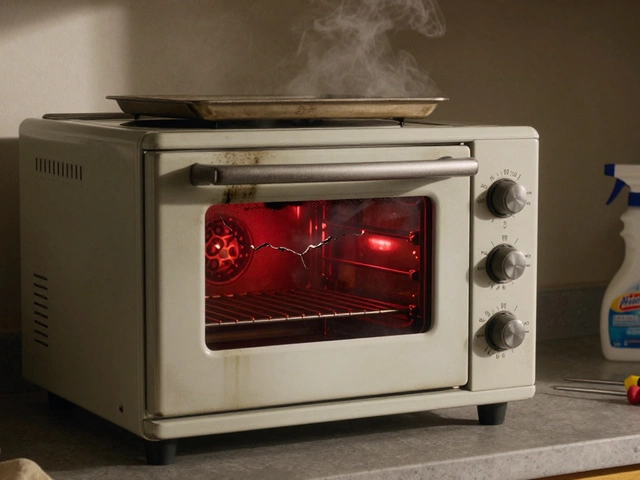How Long Do Freezers Last? Understand Their Lifespan and What Affects It
When thinking about freezer lifespan, the period a freezer can reliably keep food frozen. Also known as freezer life, it tells you when you might need freezer repair, professional service to fix cooling issues or when an upgrade could improve energy efficiency, the appliance’s power consumption. A failing ice maker, the part that makes ice cubes often signals that the overall unit is aging.
Freezer lifespan isn’t a one‑size‑fits‑all number. It depends on how you use and care for the appliance. Temperature setting is the biggest driver – keeping the freezer at –18°C (0°F) or colder avoids thaw cycles that wear down compressors. Frequent door openings, over‑loading, and placing hot food inside also force the motor to work harder, shaving years off the unit. The type of freezer matters too: chest freezers usually outlive upright models because their compressors run less often and the sealed lid reduces warm air infiltration.
Key Factors That Influence Your Freezer’s Life
1. **Quality of components** – Brands that use thicker insulation and heavy‑duty compressors tend to hit 15‑20 years, while budget models may drop off after 8‑10 years.
2. **Maintenance habits** – Defrosting a manual‑defrost freezer regularly, cleaning condenser coils, and checking door seals keep the system efficient.
3. **Energy efficiency rating** – Units with a high Energy Star rating run cooler with less strain, which translates to a longer functional period.
4. **Ice maker health** – The ice maker is a mechanical sub‑system; leaks or motor wear can cause the whole freezer to overheat, accelerating overall wear.
5. **Location and ventilation** – Placing a freezer in a cool garage or a well‑ventilated kitchen helps the compressor stay within safe temperature limits.
These factors create clear semantic links: Freezer lifespan encompasses the period a unit remains functional, Freezer repair requires skilled technicians to address cooling or ice‑maker faults, and Energy efficiency influences freezer lifespan by reducing wear on the compressor. Understanding these connections helps you predict when the unit is nearing the end of its useful life.
Industry surveys show average lifespans of 12‑14 years for upright freezers and up to 20 years for chest models when they receive regular care. A common sign that the end is near is a gradual rise in the internal temperature despite the thermostat being set correctly. If you notice frost buildup that won’t melt, loud cycling noises, or the ice maker producing misshapen cubes, those are warning flags that repair may be more cost‑effective than replacement.
When evaluating repair versus replacement, consider the cost of parts and labor against the price of a new, energy‑efficient model. Simple fixes—like replacing a door gasket ($30‑$60) or cleaning the condenser ($0 if DIY)—can add a few years. More complex repairs, such as swapping out a compressor, often run $300‑$500. If the unit is already beyond 15 years, buying a newer model with a better Energy Star rating usually saves money on electricity bills in the long run.
Another angle is the environmental impact. Extending a freezer’s life reduces waste and the carbon footprint associated with manufacturing a new appliance. If you can address minor issues promptly, you’re not only saving cash but also doing a small part for the planet.
Below you’ll find a curated set of articles that dive deeper into each of these topics—real‑world repair cost breakdowns, tips for spotting a failing ice maker, how to boost energy efficiency, and more. Whether you’re trying to squeeze a few more years out of an old freezer or deciding if it’s time for an upgrade, the posts ahead give you practical, step‑by‑step guidance you can act on right away.
Wondering how long your freezer should last? Discover the average freezer lifespan, signs of wear, and DIY tips to make yours last longer.


